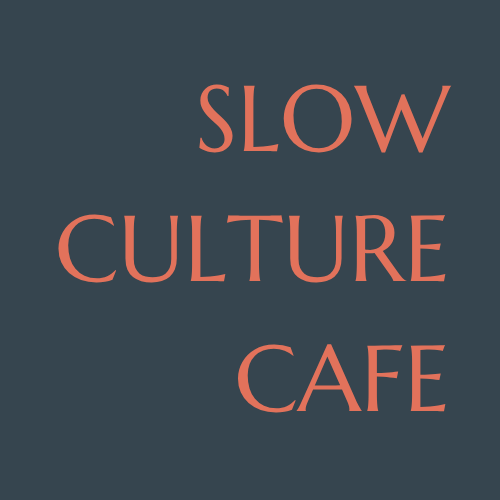How Music Festivals Are Redefining Community and Mental Health
Music festivals in 2025 are no longer just about stages and setlists. They are evolving into cultural spaces where nostalgia meets purpose, where community is celebrated, and where mental wellness and inclusion take center stage alongside the music.
In the past, music festivals were never just about the musical experience. There were always numerous stands where you could purchase food, drinks, and merchandise. At the same time, there were sponsor stands where you could find out about insurance or the latest technology.
Nostalgia with Meaning
But more importantly, these festivals are about a communal experience, releasing energy, and enabling a freedom that can be experienced outside of the daily routine at a music festival.
One critical topic has come into focus at these festivals in recent years: mental health. Band members, presenters, and festival participants have been affected by this issue or have spoken about their personal experiences and how they deal with their individual mental health problems. Discussions about mental health have become more open at these festivals, which is urgently needed given the relevance of this social issue.
Music festivals clearly demonstrate the shift in society towards open discussion of this critical social issue.
At London’s South Facing Festival, a ’90s pop lineup blends joy with remembrance through Flackstock, a tribute to the late Caroline Flack, reminding us how music can hold both celebration and compassion in the same breath.
Wellness in the Spotlight
For many festival attendees, the experience of a music festival is also an escape from everyday life. But this escape does not mean that issues are avoided or completely ignored.
On the contrary, when it comes to health issues, it is necessary to integrate them into the festival design and to mindfully involve participants in the process, reflection, and connection to this topic.
Many festivals feature quiet zones, designated yoga areas, alcohol-free zones, or specific spaces for reflection on mental wellness. Music festivals should be seen as an opportunity to consider and discuss this critical topic with participants and to help each other.
In the U.S., Musikfest’s new SoberPlatz shows how festivals are embracing wellness. By creating alcohol-free zones that focus on mindfulness and connection, organizers are reimagining what it means to gather joyfully and inclusively.
How do you see music festivals evolving — should they become spaces not only for sound and celebration, but also for care, reflection, and mental wellness?
We’d love to hear your thoughts — reach out to us and join the conversation.
A Global Shift Toward Purpose
From Canada to Europe, festivals are no longer only escapes — they are reflections of our cultural values. Whether it’s environmental initiatives, mental-health awareness, or inclusive spaces, they’re becoming stages for change as well as sound.
Culturally, there is a trend that reflects our new values regarding the sensitive and very personal topic of mental health at significant events.
Music remains the focus, but festivals are evolving into holistic cultural experiences: spaces where people can dance, reminisce, experience healing, and feel supported. At a time when anxiety, burnout, and loneliness dominate everyday life, festivals are becoming mindful meeting places.
They are becoming a model of how art and human mental health intersect.
Ultimately, music festivals with a focus on mental health demonstrate that celebration and caring for one another are not mutually exclusive. They remind us that the strongest communities are those where music unites us and promotes our well-being.

